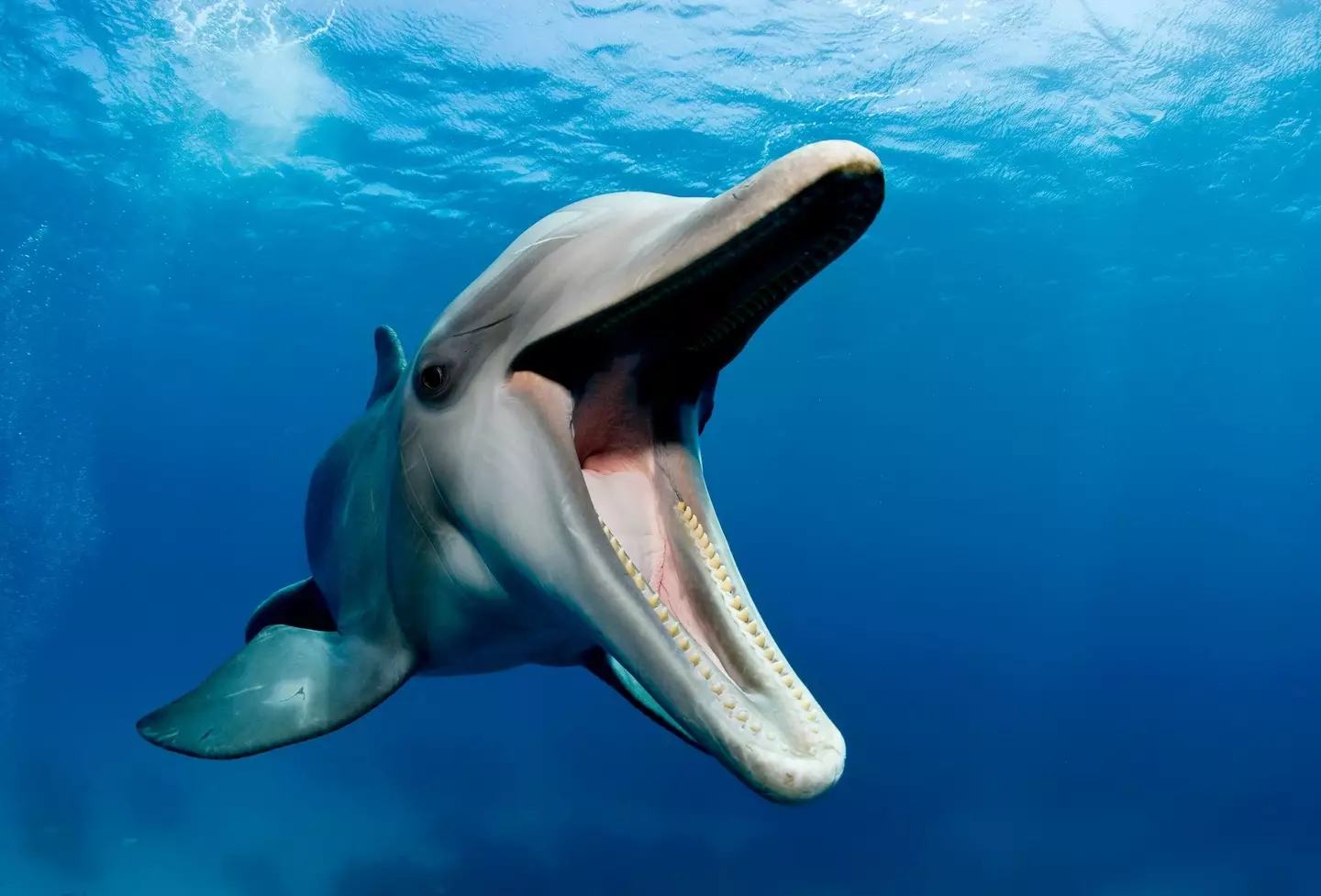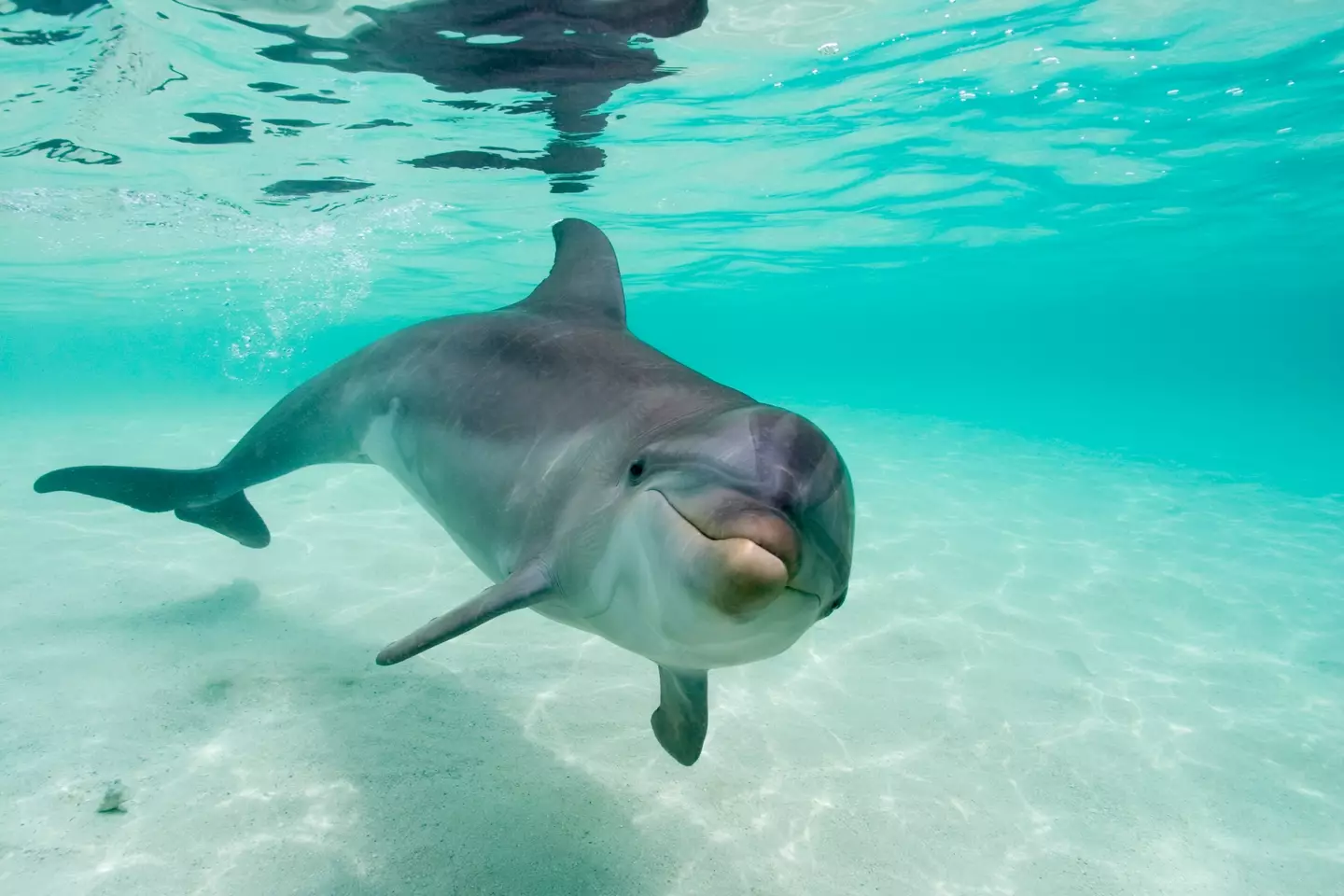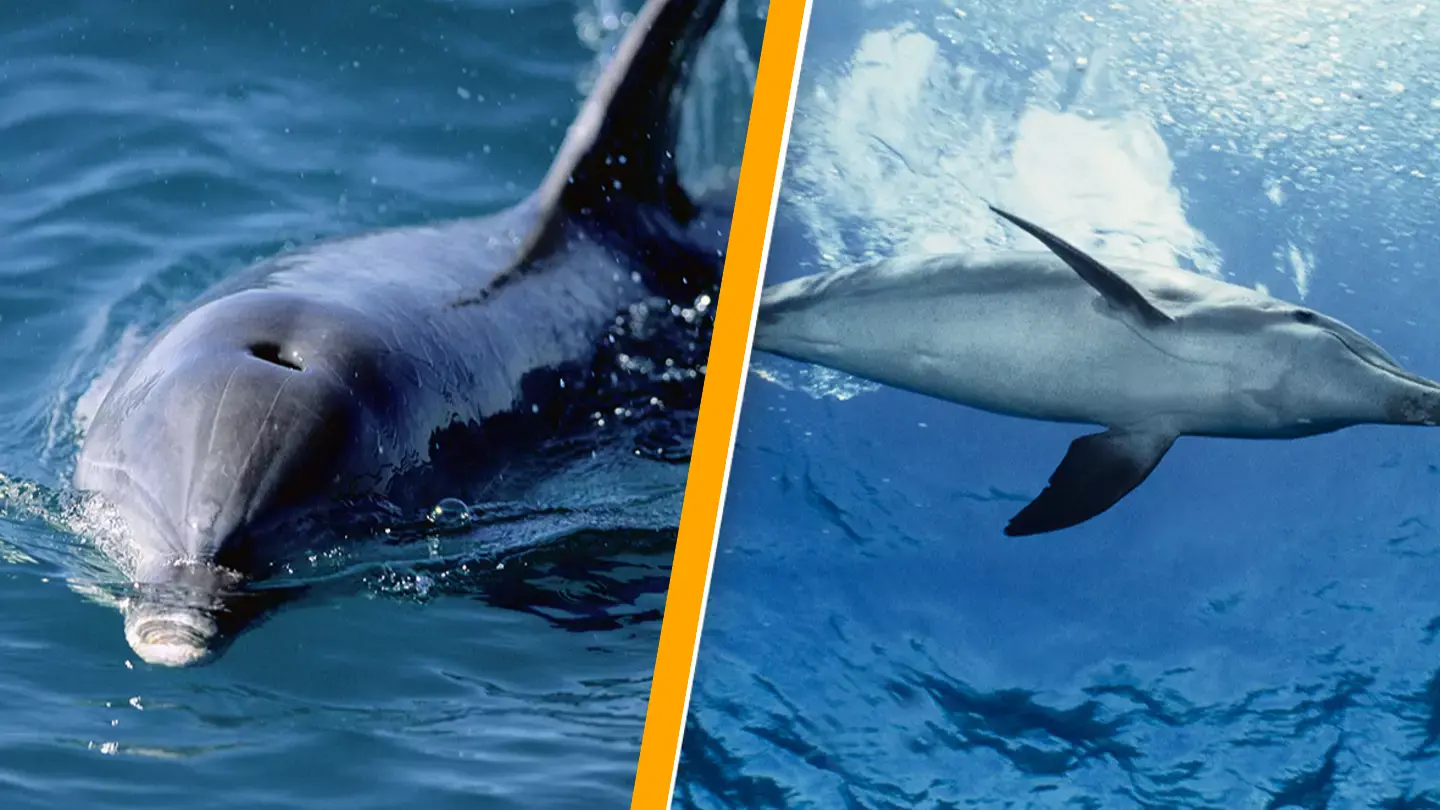A man experienced a terrifying encounter with a ‘sexually frustrated dolphin’ that attacked him while swimming in the sea.
In Fukui, Japan, last month, a single dolphin was reportedly responsible for a series of attacks on 21 people throughout the summer, some of whom suffered broken bones.
Local reports suggest that these incidents have been occurring annually since 2022.
One of the victims, Takuma Goto, has now shared his experience, shedding light on the possible motivations behind the dolphin’s aggressive behavior towards swimmers.
Takuma was swimming with a friend when the dolphin suddenly targeted them.
As dolphin attacks on humans are uncommon, Takuma was initially unconcerned while swimming.
However, the situation took a drastic turn when his friend was unexpectedly attacked by the dolphin.
Takuma quickly attempted to assist his friend after hearing cries for help, but then the dolphin redirected its attention towards him.
He recounted to The Telegraph: “I knew it was not a shark, but it came straight at me.

“It attacked me and bit me.
“It kept attacking me and I genuinely believed that I was going to die. I was most worried that I was going to be dragged under the water and further out to sea.”
A surfer ultimately came to Takuma’s aid, and he managed to escape the dolphin, rinsing his wounds with seawater upon reaching the beach.
He described: “The insides of my finger were popping out.”
He received medical treatment for his index finger, which required five stitches, and sustained additional bites on his left wrist, forearm, right hand, and upper arm.
Experts have theorized that the male dolphin could be experiencing loneliness or sexual frustration.
The Indo-Pacific bottlenose dolphin often lives in groups or pods, forming lifelong male partnerships that include behaviors like biting and pressing genitals against one another.
Ryoichi Matsubara, director of Echizen Matsushima Aquarium in Fukui, explained to The New York Times that the dolphin had been seen attempting to press its genitals against people in both 2022 and 2023.
This behavior might indicate an effort to establish social connections.

Nevertheless, Takuma has expressed that he is unwilling to return to the area following the attack.
Some researchers suggest that the dolphin might be driven by a desire to mate. Simon Allen, a principal investigator at the Shark Bay Dolphin Research project in Western Australia, told BBC News: “Just as in humans and other social animals, hormonal fluctuations, sexual frustration or the desire to dominate might drive the dolphin to injuring the people it interacts with.
He added: “Since they are such powerful animals, this can lead to serious injury in humans.”
As a result, Fukui authorities have advised against interacting with the dolphin and have posted signs and distributed fliers to alert beachgoers.
They have also implemented lifeguard patrols and restricted swimming hours on certain beaches, according to the Times.
Furthermore, authorities have installed underwater acoustic devices designed to emit high-frequency sounds to deter dolphins from approaching the beach.

